Visiting Kruger National Park isn't just a vacation; it's a critical support to conservation efforts. Each entry fee and safari helps fund wildlife management and anti-poaching initiatives essential for preserving the park's biodiversity. By choosing eco-friendly tours and respecting park guidelines, your trip supports sustainable practices that ensure Kruger remains a sanctuary for the iconic Big Five and other wildlife, making your visit vital for its future.
The Do's and Don't When Visiting Kruger National Park
Learn the rules and guidelines for a safe and respectful visit to Kruger National Park. Explore tips on wildlife safety, park etiquette, and how to protect this natural wonder.
A visit to Kruger National Park is not just an opportunity to witness Africa’s magnificent wildlife—it is also a privilege and a responsibility. As one of the world’s most renowned protected areas, Kruger is governed by strict rules and regulations designed to safeguard its biodiversity, ensure visitor safety, and preserve this natural wonder for future generations.
Drawing from the National Environmental Management: Protected Areas Act (NEMPA) and other legal frameworks, as well as practical guidelines for visitors, this article will detail the do’s and don’ts for a responsible and enriching experience in Kruger.
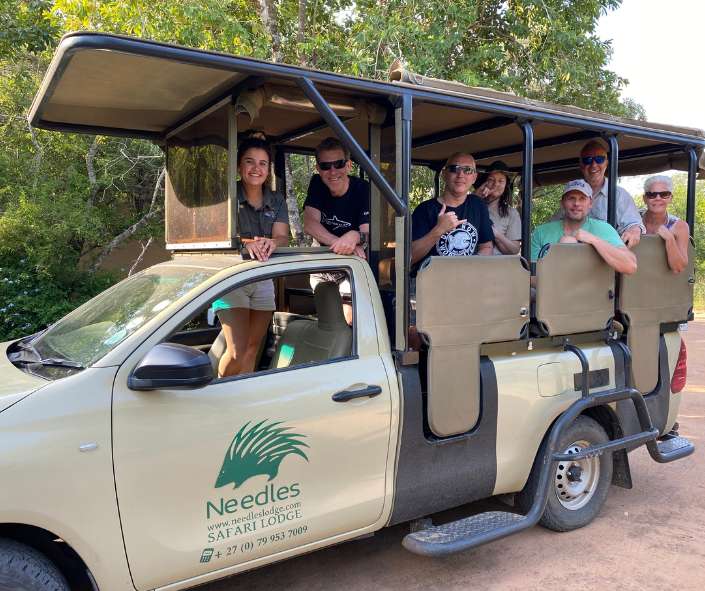
The Do’s: Embrace Responsible Safari Conduct
1. Stay on Designated Roads and Routes
Kruger’s road network is carefully designed to minimise environmental impact while providing the best opportunities for wildlife viewing.
Regulation: As per the Protected Areas Act, straying off designated roads is prohibited and subject to penalties.
Why It Matters: Off-roading damages vegetation and disturbs wildlife habitats. Stick to approved routes to preserve Kruger’s delicate ecosystem.
2. Respect Gate Times
Kruger’s gates operate on strict opening and closing times, usually varying seasonally.
Regulation: Failing to exit the park on time may result in fines under Section 86 of NEMPA.
Tip: Plan your itinerary carefully to avoid being locked in or out.
3. Keep Wildlife at a Safe Distance
Observing Kruger’s animals from a respectful distance is crucial for your safety and theirs.
Regulation: Harassing or approaching wildlife is prohibited under Section 45 of NEMPA, which protects animals from undue stress.
Why It Matters: Close interactions can alter animal behaviour, making them more aggressive or reliant on human presence.
4. Carry Essential Supplies
Prepare for the African wilderness by carrying water, sunscreen, a first-aid kit, and maps. Cell service is limited, so download offline navigation tools or bring a physical map.
Why It Matters: Kruger’s vastness can lead to long stretches without facilities, making preparation vital for safety and comfort.
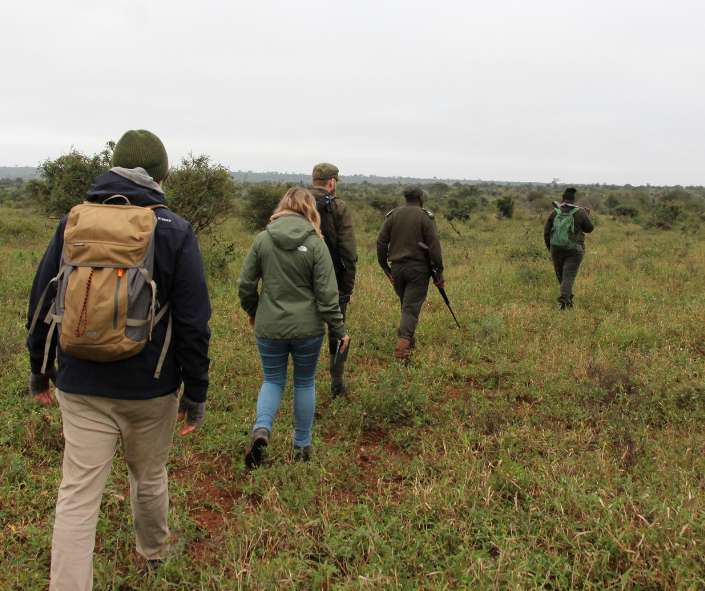
5. Declare Firearms and Prohibited Items
All firearms and weapons must be declared at entry points.
Regulation: Undeclared firearms violate the Firearms Control Act and the park’s internal rules.
Why It Matters: Strict controls ensure visitor safety and prevent poaching activities.
6. Use Binoculars and Cameras Responsibly
Enjoying Kruger’s wildlife is best done through binoculars or cameras. Avoid the use of flash photography, as it can startle and distress animals.
Why It Matters: A quiet, respectful approach allows animals to remain undisturbed and provides a more authentic experience.
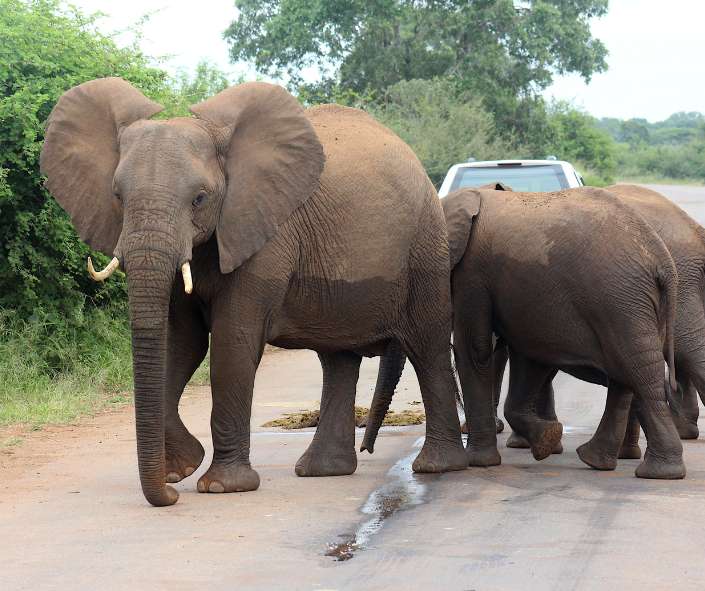
The Don’ts: Avoid These Prohibited Activities
1. Do Not Alight from Your Vehicle
Except in designated areas, stepping out of your vehicle is prohibited.
Regulation: As outlined in Section 47 of NEMPA, leaving your vehicle in unauthorised locations can result in fines.
Why It Matters: Staying inside protects you from potential threats and prevents disturbances to the wildlife.
2. Avoid Feeding Wildlife
Feeding animals is strictly forbidden, as it disrupts their natural behaviour and diet.
Regulation: Feeding wildlife breaches the park’s ethical codes and conservation laws under Section 49 of NEMPA.
Why It Matters: Animals that become reliant on human food often lose their foraging instincts, creating long-term survival risks.
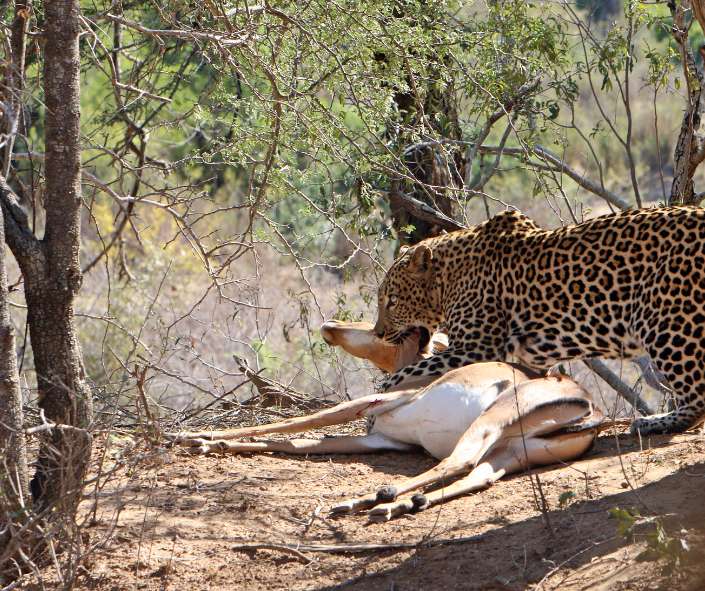
3. Do Not Exceed Speed Limits
Kruger’s speed limits are in place to protect both wildlife and visitors.
Regulation: Speeding is a violation of the Road Traffic Act and the park’s internal policies.
Why It Matters: Animals frequently cross roads, and driving slowly allows you to react in time while also enjoying the scenery.
4. Refrain from Littering
Dispose of waste in designated bins to maintain the park’s pristine environment.
Regulation: Littering is punishable under Section 89 of NEMPA as it poses hazards to wildlife.
Why It Matters: Trash can injure animals, introduce toxins into the environment, and spoil the park’s beauty for other visitors.
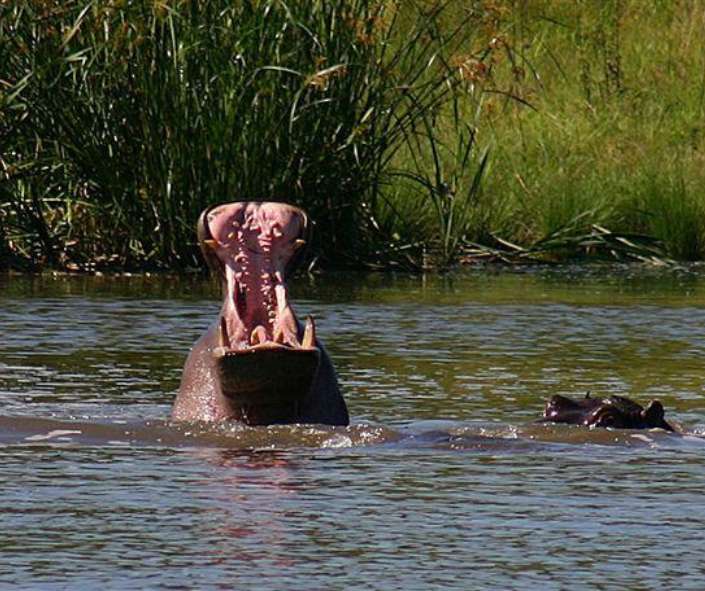
5. Do Not Use Drones
The use of drones is strictly prohibited within the park.
Regulation: Flying drones violates Section 21 of the Air Services Licensing Act and disrupts wildlife.
Why It Matters: Drones can stress animals, interfere with their natural behaviours, and infringe on visitor privacy.
6. Avoid Loud Noises
Keeping noise levels low ensures that the park’s tranquillity is preserved.
Why It Matters: Loud noises can scare wildlife and ruin the experience for fellow visitors. Keep your car radio low or off and speak in hushed tones.
Additional Tips for a Memorable Visit
1. Engage with Rangers and Guides
Take advantage of the expertise of Kruger’s rangers and guides, who can provide valuable insights into the park’s ecosystems and wildlife.
Tip: Guided game drives are an excellent way to explore Kruger safely and responsibly.
2. Time Your Visit with Care
Early mornings and late afternoons offer the best chances for wildlife sightings. During these times, animals are most active, and the soft light creates beautiful photographic opportunities.
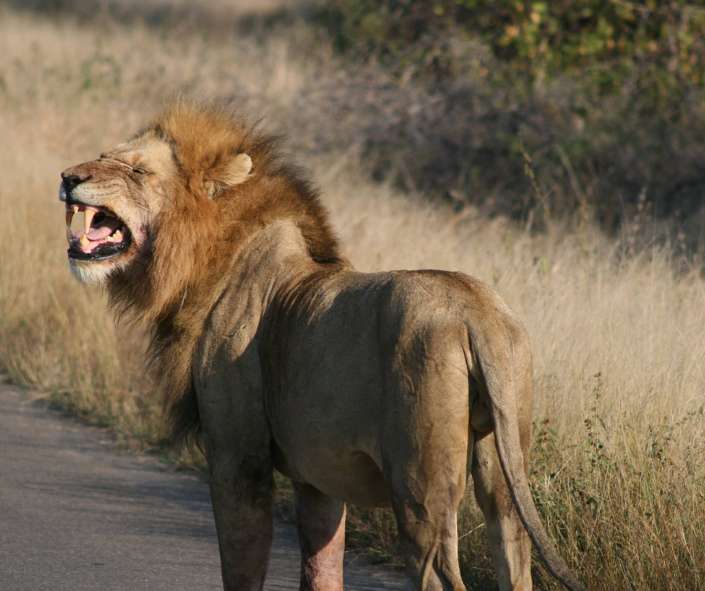
3. Protect Yourself Against Malaria
Kruger National Park is in a malaria zone. Consult your doctor about prophylactics before your visit, and take precautions such as using insect repellent and wearing long-sleeved clothing in the evenings.
Visiting Kruger National Park is more than a safari; it’s an opportunity to become a steward of one of the world’s most remarkable ecosystems. By adhering to these guidelines and respecting the laws that govern this protected area, you help ensure its preservation for generations to come.
Book your stay at Needles Lodge to immerse yourself in the wonders of Kruger and Marloth Park, where nature’s beauty and tranquillity await. From expert-guided game drives to serene evenings under the African sky, your adventure begins with us.
Further Reading
Africa's skies are home to a diverse array of birds of prey, each with unique adaptations for hunting and playing crucial roles in their ecosystems. Species like the African Fish Eagle and Peregrine Falcon showcase the continent's avian diversity and evolutionary marvels, while vultures, often overlooked, serve as vital ecological stewards.
Explore the vital role of elephants in South Africa's Kruger National Park ecosystem. Discover how these gentle giants shape landscapes, foster biodiversity, and draw tourists to this iconic wildlife haven. Learn how Needles Lodge offers an immersive experience for travelers seeking close encounters with these magnificent creatures.

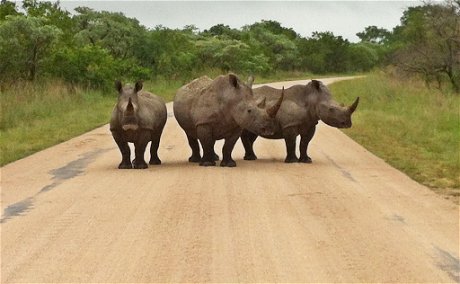
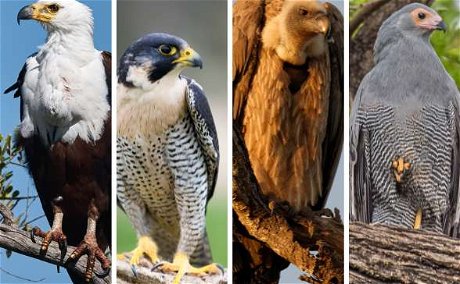
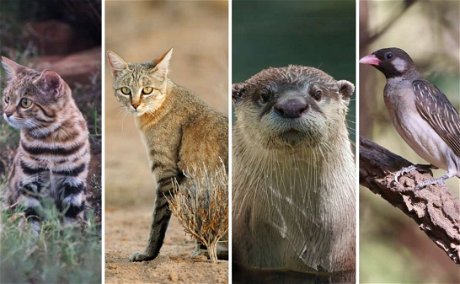
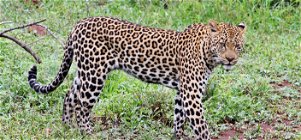
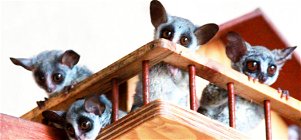
Share This Post